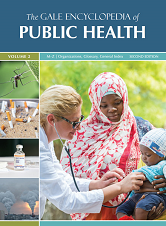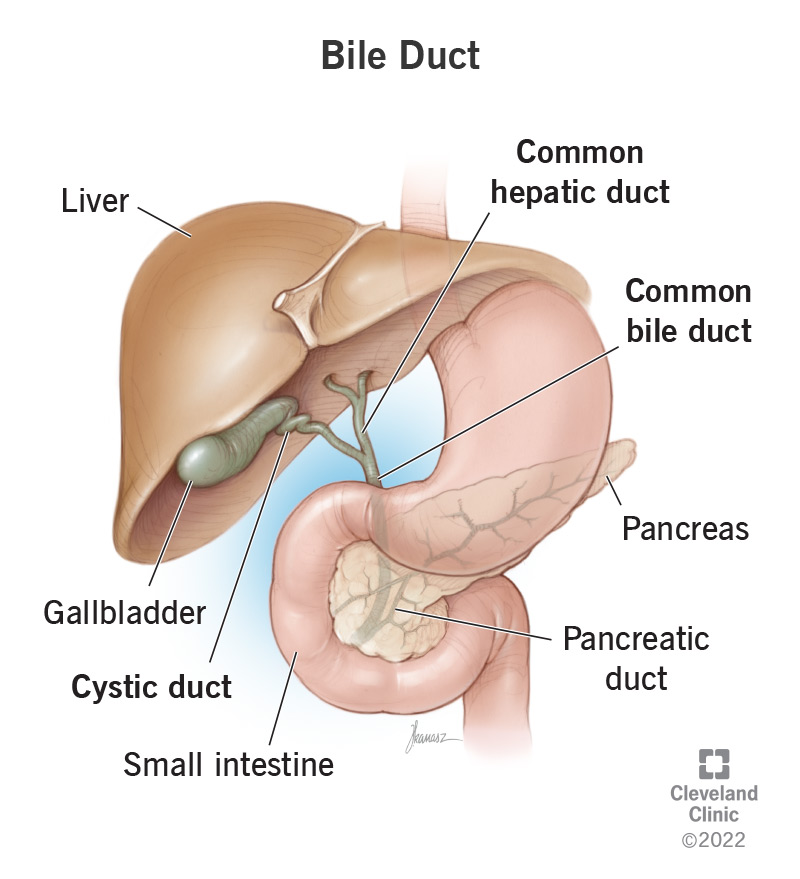Need Help?
Phone or Email This link opens in a new window
FAQ This link opens in a new window
Video Tutorials This link opens in a new window
Make an Appointment This link opens in a new window
Researching Clostridium Difficile Infection and Fecal Transplants in the Digestive System
Clostridium Difficile: "Clostridium difficile (C. difficile) is a bacterium that causes inflammation of the colon, known as colitis. People who have other illnesses or conditions requiring prolonged use of antibiotics, and the elderly, are at greater risk of acquiring this disease. The bacteria are found in the feces. People can become infected if they touch items or surfaces that are contaminated with feces and then touch their mouth or mucous membranes. Healthcare workers can spread the bacteria to patients or contaminate surfaces through hand contact." Gastrointestinal Disorders Source Book, 2018.
Fecal Transplants: "A fecal transplant is the transfer or transplantation of bacteria from the feces of a healthy human into the intestines of a patient with a digestive disorder—most often an antibiotic-resistant Clostridiodes difficile infection or CDI. It is often referred to as fecal transplantation or more correctly as fecal microbiota transplantation (FMT)." Gale Encyclopedia of Medicine, 2020.
Enzyme Action
“Enzyme Action.” 50 Chemistry Ideas You Really Need to Know, by Hayley Birch, 1st ed., Quercus, 2015. Credo Reference, https://search.credoreference.com/articles/Qm9va0FydGljbGU6Mzk1ODQ5Ng==?aid=98275.
Article Databases
-
Science (Gale In Context) This link opens in a new windowScience topic overviews, biographies, periodical articles, images, videos and detailed experiments. (VCCS)
-
Health and Wellness (Gale) This link opens in a new window(Formerly Health & Wellness Resource Center) Key features include reference material, full text health and medical journals, pamphlets, videos, drug guides, recommended websites. Appropriate for both student and consumer use. (NVCC)

